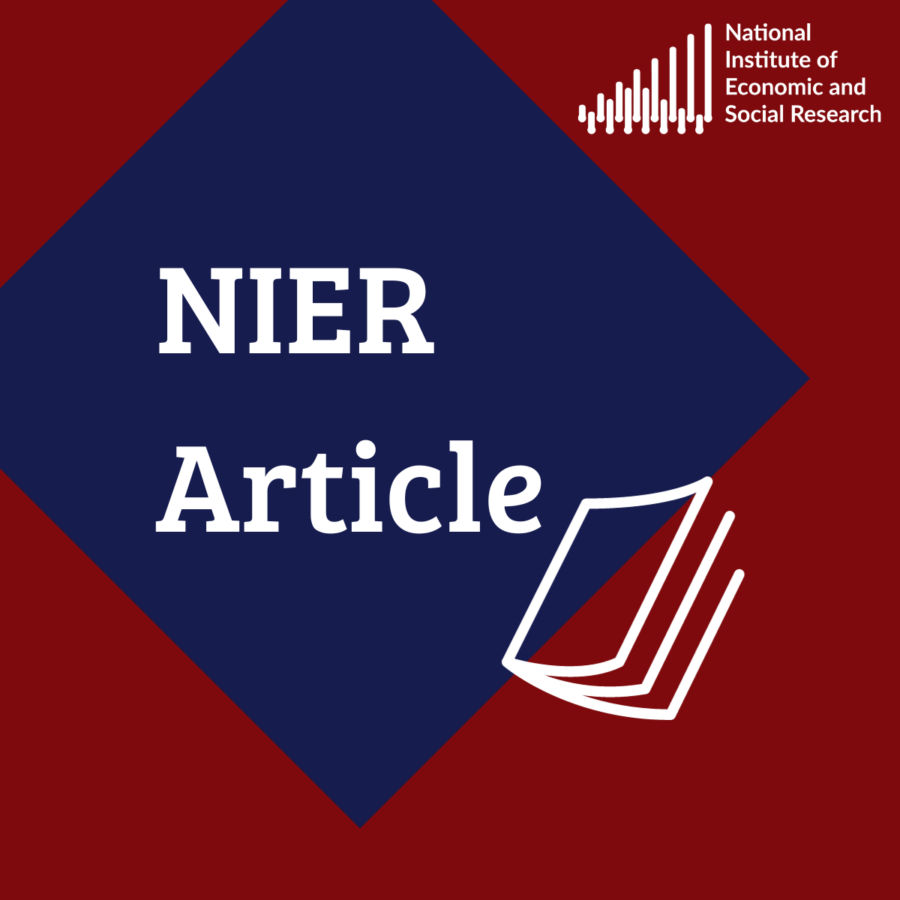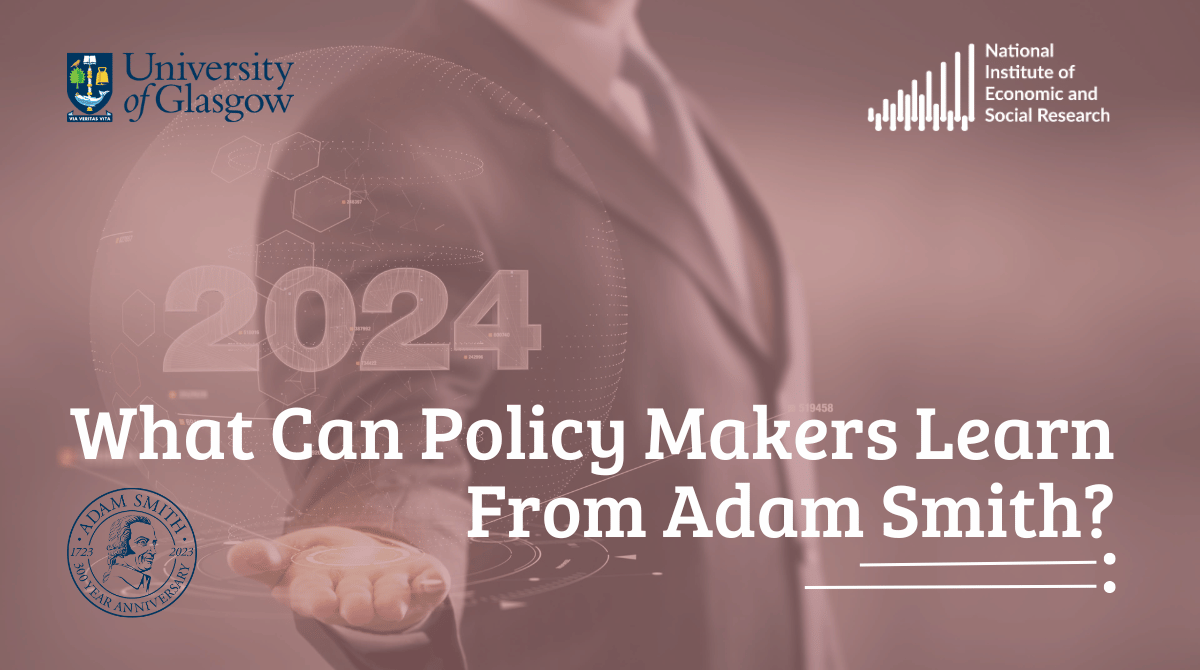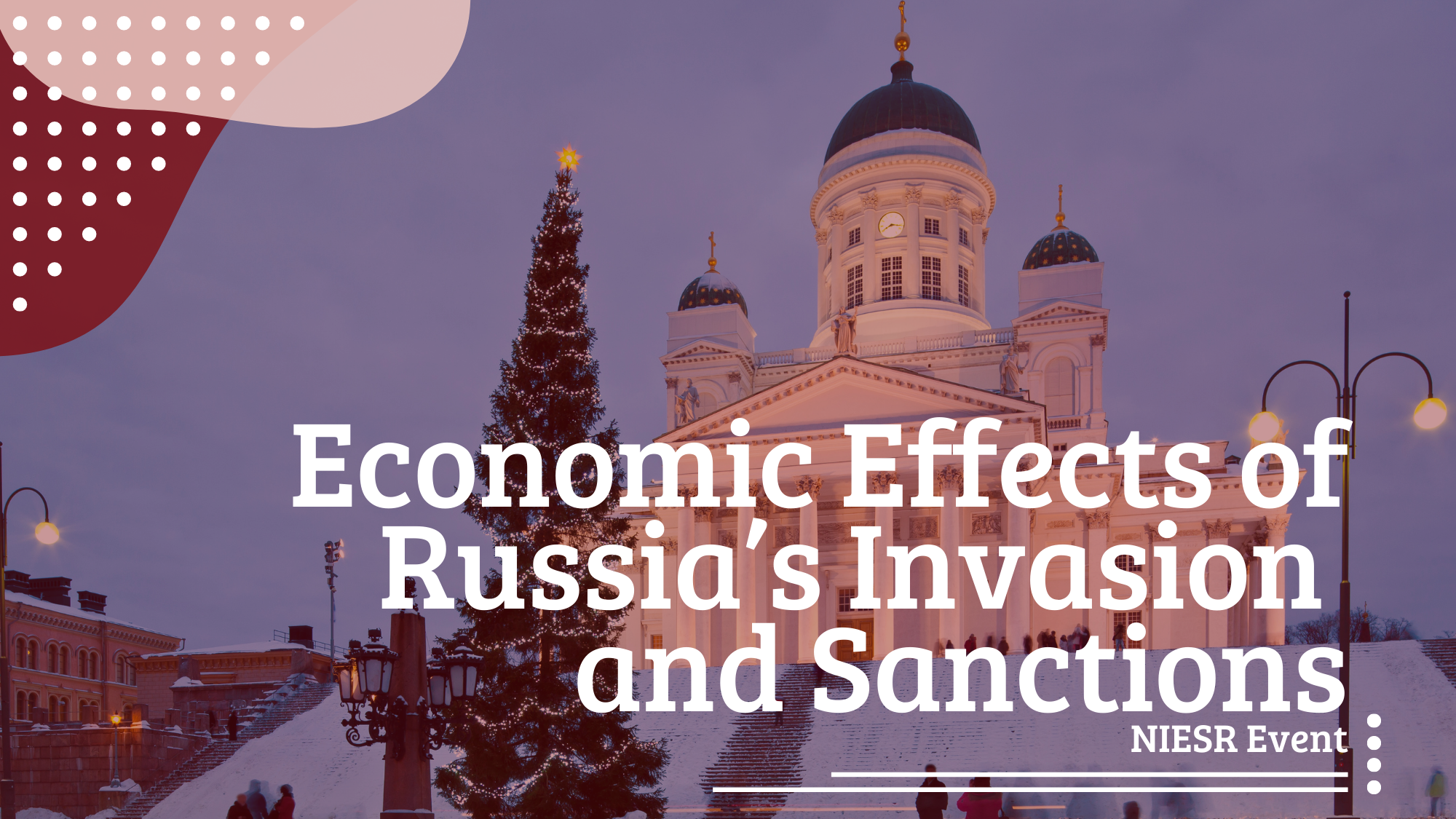Introduction: Challenges for Immigration Policy in Post-Brexit Britain
 Pub. Date
Pub. Date
 Pub. Type
Pub. Type

Immigration is a key economic and social issue: it has fuelled economic growth and prosperity, changed the demographic composition of the UK and shaped much of the political agenda. It played a role in the outcome of the EU referendum vote, leading the Government to seek to remove free movement from the terms of any future relationship with the EU. Since many of the UK’s skill and labour needs have been met by EU mobility in the past decade or so, this will require a new set of immigration policies, particularly in relation to lower level skills. Subject to the Withdrawal Agreement and Political Declaration being passed, and the UK leaving the EU, the Government will have to put new policies in place.
Currently it seems a wide range of immigration arrangements are possible. The White Paper, published in November 2018, set out its two principles of a single system with no priority to EU citizens within a ‘skills based’ system. The papers in this Review look at some of the options, including those contained within the White Paper: Madeleine Sumption (Oxford) looks at employer sponsorship for skilled visas and Erica Consterdine (Sussex) at Youth Mobility Schemes. Anne Green (Birmingham) takes a wider look at employers’ use of low-skilled migrant labour, drawing on research with employers. Alexandra Bulat (UCL) also looks at the issue of low vs highly skilled migration, presenting findings from research with migrant and non-migrant members of the public. And the paper by myself and colleagues Johnny Runge and Nathan Hudson-Sharp (NIESR) also looks at public attitudes, combining findings from focus groups with employer research to ask whether new immigration policy might address public concerns without damaging the UK’s economy and services.
While addressing their own particular research questions, the papers each raise fundamental issues, that those drafting the detail as well as the general principles of new immigration policy must consider. In introducing the papers, these are worth both highlighting and reflecting on: what role does EU migration play in the labour market? Should immigration policy be skillsbased? To what extent should public attitudes influence immigration policy? And will immigration fall once the UK leaves the EU?























